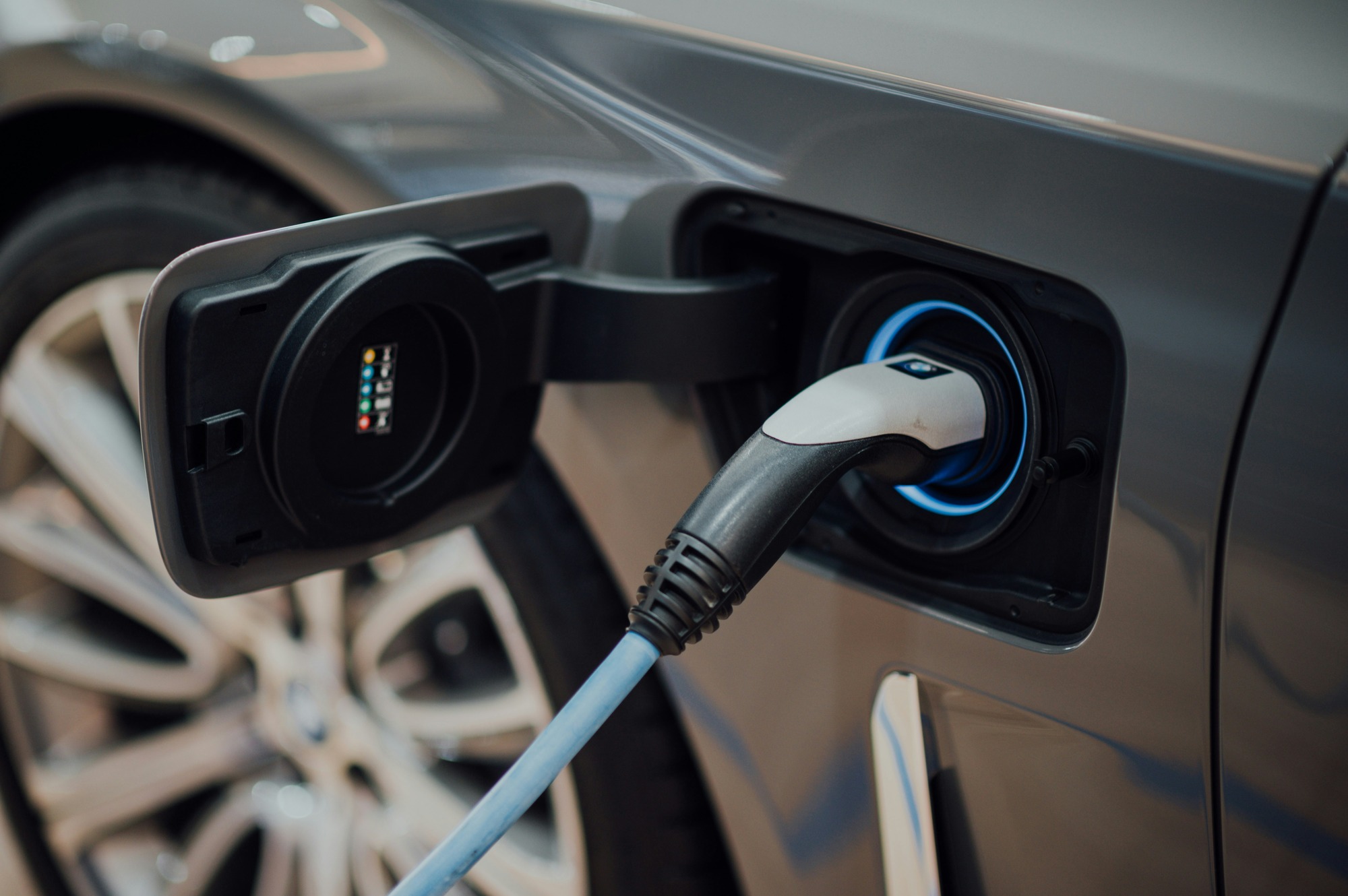
Buying a new car feels like a milestone. The shiny paint, the flawless interior, that intoxicating new car smell—it’s all part of the dream. But as soon as you drive it off the lot, that dream takes a financial hit. And not just a little one. The depreciation starts immediately, and it only gets worse from there.
Car dealers don’t highlight it. Car commercials definitely won’t say it. But the moment your tires hit the street, your car starts losing value. And if you’re not prepared, you could end up upside-down on your loan or disappointed at trade-in time. Here are nine depreciation shocks that most buyers never see coming until it’s too late.
1. You Lose Thousands Before You Hit Your First Red Light
It’s not just a saying. The average new car loses 10–15% of its value the moment you drive it off the lot. That $40,000 SUV? It’s now worth closer to $35,000—and you haven’t even made your first monthly payment.
2. Year One Is a Freefall
Most cars lose about 20% to 30% of their value within the first year. Even with low mileage and perfect condition, buyers treat “used” as a downgrade. The resale market demands discounts for anything not factory-fresh, whether it makes sense or not.
3. Luxury Brands Aren’t Safe
You might think a premium badge protects your investment. It doesn’t. In fact, luxury cars often depreciate faster due to higher MSRP, expensive maintenance, and rapid changes in tech. That cutting-edge infotainment system will be outdated and devalued within a year or two.
4. Color Choices Can Tank Value
Believe it or not, that trendy matte gray or bright orange paint job might hurt you later. Neutral colors like white, black, and silver tend to hold value better. Unusual or niche colors narrow your resale market, which means lower offers.
5. Tech Features Age Like Milk
The latest safety or entertainment tech sounds impressive now. But next year’s models will have even better features, and yours will seem outdated fast. Buyers want the newest tech, and cars with older systems depreciate faster, even if everything still works perfectly.

6. Electric Vehicles Drop Fast (Unless They’re a Tesla)
EVs are the future, but resale markets haven’t quite caught up. Battery concerns, evolving infrastructure, and constant tech upgrades mean many electric cars lose value fast. Teslas tend to be the exception, but even they aren’t immune to market shifts and software updates that age older models.
7. Leased Vehicles Flood the Market
At the end of lease periods, thousands of near-identical 2–3-year-old cars hit the used market at once. This glut drives down resale prices for similar vehicles. If your car matches what dealerships already have in bulk, good luck commanding a premium.
8. CarFax Can Be Brutal
Even the smallest ding, fender bender, or repair shows up on your vehicle history and instantly lowers perceived value. A “minor accident” might knock thousands off your resale offer, even if the car drives perfectly and looks brand-new.
9. Demand Dips Can Crater Value Overnight
Depreciation isn’t just personal. It’s market-driven. A shift in gas prices, a recall, or a new model announcement can dramatically drop your car’s value. Suddenly, the car everyone wanted last year is today’s afterthought and priced accordingly.
How to Protect Yourself From the Depreciation Trap
While you can’t stop depreciation entirely, you can minimize its impact:
-
Buy used instead of new. Let someone else absorb the biggest drop.
-
Choose popular, fuel-efficient models known for reliability.
-
Stick with timeless colors and skip overly customized features.
-
Maintain your car meticulously—and keep records.
-
Consider resale before you buy. Research value retention using tools like Kelley Blue Book or Edmunds.
Buying a new car isn’t a bad choice. It just needs to be a smart one. Knowing the depreciation curve ahead of time can save you thousands later.
Have you experienced shocking depreciation on a car you loved? What would you do differently next time?
Read More:
5 Sneaky Fees Stuffed Into That Shiny New-Car Smell
Buying a Used Car? Here’s How to Avoid These 9 Costly Mistakes
Riley is an Arizona native with over nine years of writing experience. From personal finance to travel to digital marketing to pop culture, she’s written about everything under the sun. When she’s not writing, she’s spending her time outside, reading, or cuddling with her two corgis.
